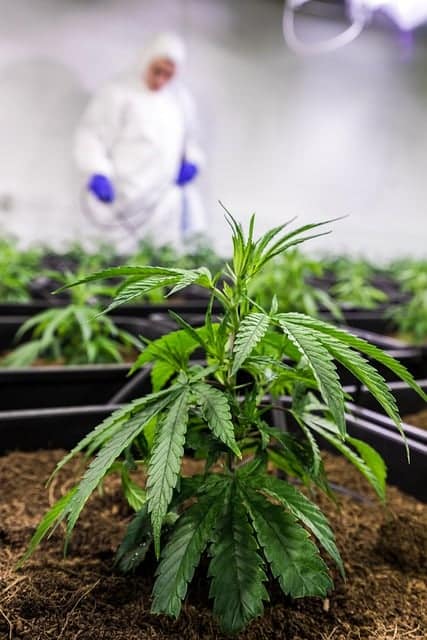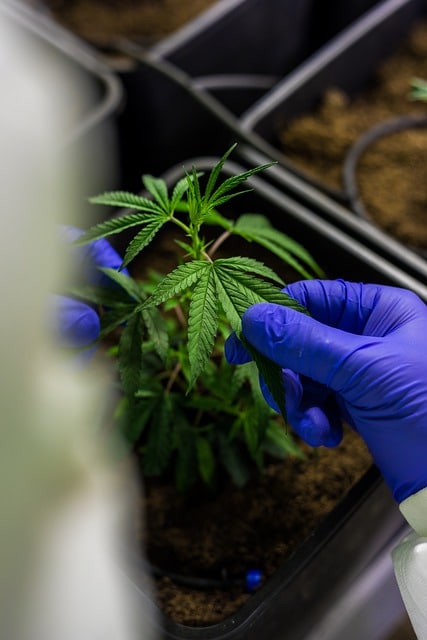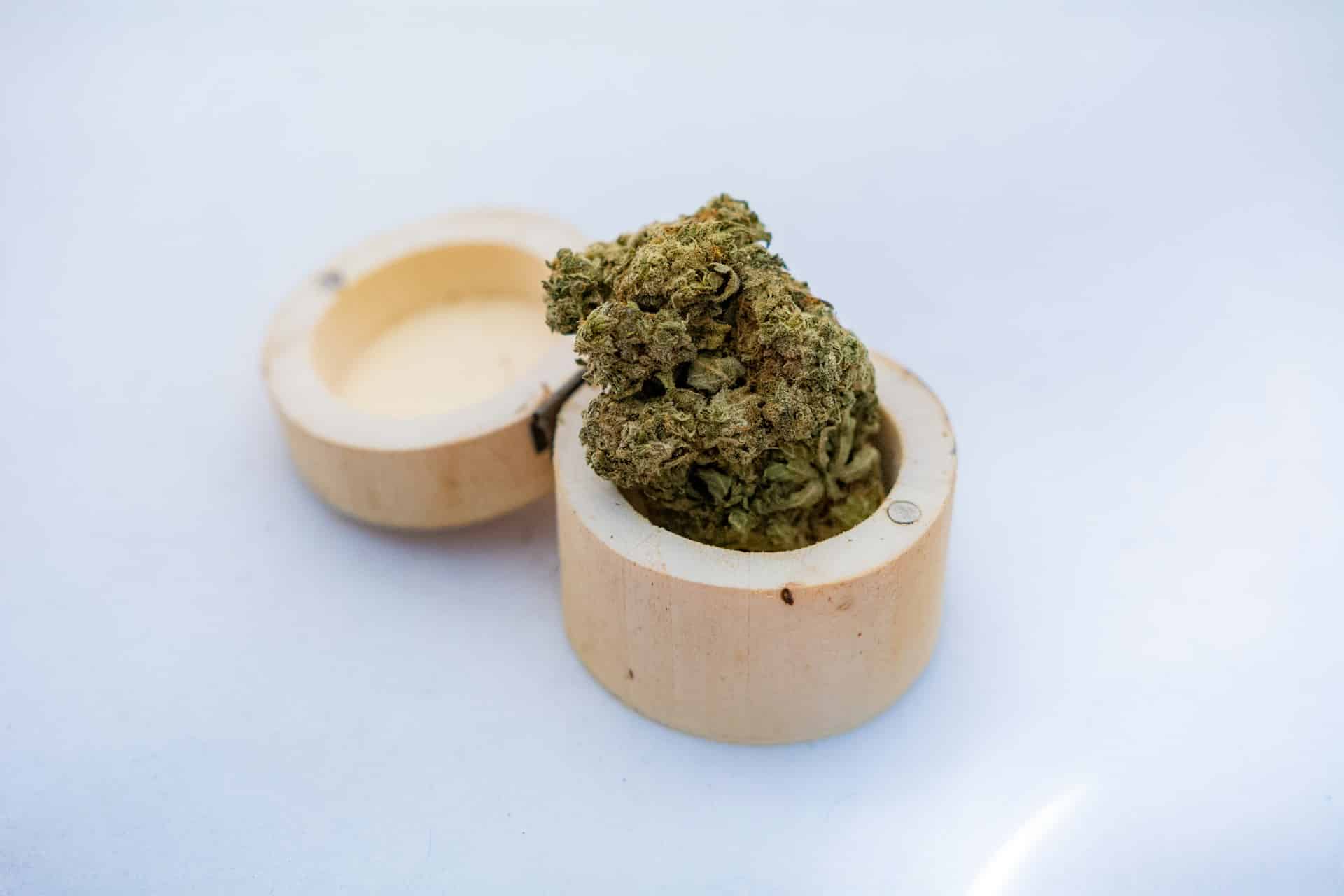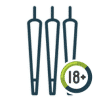What does the EESC have to say about cannabis?
The CESE has come out in favor of the controlled legalization of cannabis. Here's a look back at a report which, while unlikely to change things in form, could have an impact on substance, at a time when more and more voices are being raised in favor of decriminalizing cannabis consumption (at least for therapeutic use).
What is the EESC?
What the EESC thinks about cannabis
The findings of the Economic, Social and Environmental Council
The solutions proposed by the CESE on the issue of cannabis
A step in the right direction?
France lags behind its European neighbors

What is the EESC?
The CESE, for Conseil économique, social et environnemental, is a French consultative body. It has several objectives, including providing opinions and recommendations to public authorities on economic, social and environmental issues.
It is made up of individuals and representatives from civil society, labor and business, as well as experts on environmental issues.
Its role is quite broad. Indeed, the Economic, Social and Environmental Council can give its opinion on a whole range of subjects, including employment, the environment, (over)consumption and social protection. Its advice is often sought, but the CESE is free to initiate its own reflections and proposals.
What the EESC thinks about cannabis
In France, as elsewhere, more and more voices are being raised in favor of decriminalizing cannabis consumption. Recently, the French Economic, Social and Environmental Council came out openly in favor of new legislation aimed at rethinking the whole issue of cannabis. The idea? To open up the debate and move towards framed legislation.
"Despite over 50 years of prohibition, one of the most repressive in Europe, France is the EU country with the highest proportion of drug users," notes the "Cannabis" commission of the French Economic, Social and Environmental Council, based on a report by Florent Compain and Helno Eyriey.
According to this report, the repressive measures taken by the French government and authorities have been a total failure. In fact, cannabis use among the target population, the 15-64 year-olds, is not decreasing at all. On the contrary, it is tending to stagnate, with 45% of individuals claiming to have used cannabis at least once in their lives (compared with 27% in the rest of the European Union).
The findings of the Economic, Social and Environmental Council
The conclusion is clear. The Economic, Social and Ecological Council is also alarmed by three other points:
- The products consumed seem to contain increasingly high levels of THC and are not controlled;
- The minors and young adults most at risk receive no preventive assistance;
- The forces of law and order are over-mobilized, with no real effect on reducing consumption.
The solutions proposed by the EESC on the issue of cannabis

In the face of this abject failure, the Conseil économique, social et environnemental, through its two rapporteurs, is proposing a set of solutions which, in the long term, could help us move in the right direction:
- Stepping up prevention efforts. The aim is to help young people, accompany them and educate them on the subject of cannabis;
- Stop criminalizing the cultivation and consumption of cannabis for personal use;
- Erase the criminal records (or at least the corresponding lines) of people convicted of cannabis use or possession offences;
- Revisit the way we screen for cannabis at the wheel, which today can detect cannabis consumption that is several days old.
More surprisingly, the EESC wants to go even further. It is the last two measures in its programme that have attracted the most attention:
- Supervision of the cannabis market, which would make it possible to control the quality of products sold and consumed, as well as boosting the hemp industry;
- The development of controlled sales outlets, open to adults, under license.
A step in the right direction?
For some experts, this announcement by the CESE is a sign that things are moving in the right direction. According to Jean-Pierre Couteron, a clinical psychologist who appeared before the CESE on behalf of the Fédération Addiction, controlled legalization would make it possible to "set a framework for encounters with the product: there have to be prohibitions on sales, timetables, prices... but not just barriers. We need to reach out to users with the tools of early intervention and harm reduction".
However, this report is unlikely to change anything. Indeed, the issue of cannabis is by no means central to today's society. While many people are open to the idea of new legislation, it would appear that the debate is not yet ready to be opened. In fact, the issue of medical cannabis has not even been settled yet. What's worse, it's fallen far behind schedule.
As a reminder, a major two-year consultation was launched in 2021. It is due to end this year, in 2023. This major study of 3,000 patients in therapeutic impasse could rapidly lead to a law authorizing the use of cannabis in a purely medical context. A breakthrough could be achieved on the model of certain European countries, in terms of care, health and support.
France lags behind its European neighbors

In France, the backlog of CBD and cannabis issues is abysmal. While a decree has just put paid to the government's desire to ban the sale of Flowers CBD, it's hard to imagine how the implementation of controlled legislation on cannabis consumption (even for therapeutic use) could ever see the light of day.
At a time when Germany, Luxembourg, Malta and the Czech Republic are moving full steam ahead on the issue of medical or recreational cannabis production, France seems to be Europe's poor pupil on this issue, which has a major political, social and economic impact.










